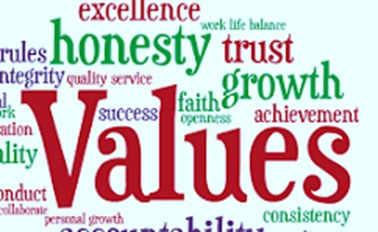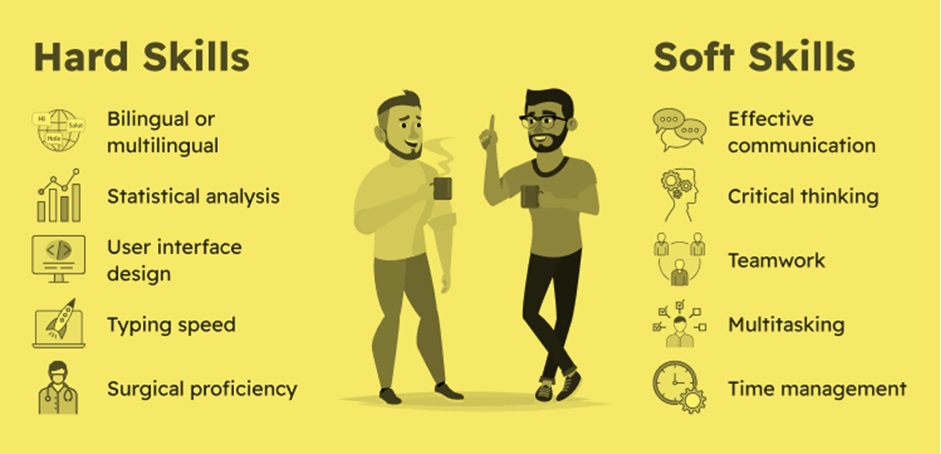Introduction of Self-Analysis Points

Self-analysis points are a tool to study the self on various grounds. A thorough self-analysis is the need to understand yourself better and figure out where you want to go in life.
Details about Self-analysis points:
The approach for Self-Analysis points indicates some key areas to consider:
-
Internal world:

Values as per Self-analysis points:
What is truly important to you? What principles guide your decisions? This can help you find careers and relationships that align with your core beliefs.

In self-analysis, your values are the fundamental principles that guide your life choices and decisions. They act as an internal compass, influencing everything from your career path to your relationships. Here’s a deeper look at their meaning:
Guiding principles
Your values are the core beliefs that shape your behaviour. They represent what you consider important, such as honesty, kindness, creativity, or adventure.
Decision-making filter:
When faced with choices, your values act as a filter. You’ll naturally gravitate towards options that align with what you hold dear. For example, if you value honesty, you might be more likely to tell the truth even if it’s difficult.
Source of motivation:
Values can be a powerful motivator. Working towards something you truly believe in can fuel your passion and perseverance.
Understanding priorities:
Identifying your values helps you understand what truly matters to you. This allows you to prioritize your goals and actions, ensuring they reflect what you find most important.
Living authentically:
When you live in accordance with your values, you experience a sense of authenticity and fulfilment. It allows you to be true to yourself and create a life that feels meaningful.
By understanding your values in self-analysis, you gain a deeper understanding of who you are and what you stand for. This self-awareness empowers you to make choices and live a life that aligns with your core principles.
Interests:
What are you naturally curious about? What activities bring you joy? Understanding your interests can help you discover fulfilling hobbies and potential career paths.

Personality:
What are your personality traits? Are you introverted or extroverted? Organized or spontaneous? Knowing your personality can help you find work environments and relationships that suit you.
-
Skills and Abilities:

Self Employment needs the skill of one direction
- Strengths: What are you good at? What skills do you naturally possess? Identifying your strengths can boost your confidence and help you focus on areas where you can excel.
-
Weaknesses:
- What areas could you improve on? Being honest about your weaknesses allows you to develop a growth plan.
-
Skills development:
- Are there new skills you’d like to learn? Self-analysis can help you identify areas for development and set goals for improvement.
-
Looking outward:

-
Goals and aspirations:
- What do you want to achieve in life? Setting goals gives you direction and motivation.
-
Accomplishments:
- What are you proud of? Reflecting on your accomplishments can boost your self-esteem and help you identify your strengths.
-
Challenges:
- What obstacles are you facing? Identifying challenges allows you to develop strategies to overcome them.
There are many Self Discovery Tools available to help you with self-analysis, including personality tests, career assessments, and self-reflection prompts.
Conclusion about Self-analysis points
Self-analysis points: A Quick Guide
-
Personality Tests:
- These quizzes delve into your natural tendencies and behavioural patterns. They typically use multiple-choice questions to assess traits like introversion/extroversion, agreeableness, conscientiousness, and openness to experience (often abbreviated as OCEAN).
-
Pros:
- Can reveal strengths, weaknesses, and how you interact with others. May spark self-reflection and provide a starting point for exploration.
-
Cons:
- Results can be subjective and may not capture your full personality. It shouldn’t be the sole factor in decision-making.
-
Career Assessments:
- These tools go beyond personality, often including questions about your interests, skills, and work values. They analyse your responses and suggest suitable career paths. Examples include the Strong Interest Inventory and Holland Code.
- Pros: It can introduce you to new career options you might not have considered. Can provide insights into work environments that suit your personality.
- Cons: Accuracy can depend on your self-awareness. May not consider your specific skills or education.
- Self-Reflection Prompts: These are open-ended questions designed to encourage you to think deeply about yourself. They can target various aspects like values, goals, and motivations.
- Pros: Completely free and customizable. Allow for in-depth personal exploration at your own pace.
- Cons: Requires effort and honest self-evaluation. May not provide clear-cut answers, but rather guide your exploration.
Remember: These tools are best used together. Personality tests and career assessments can offer initial insights, while self-reflection prompts help you dig deeper and personalize your findings.
Self-analysis is a journey, not a destination. As you learn and grow, your understanding of yourself will continue to evolve.
